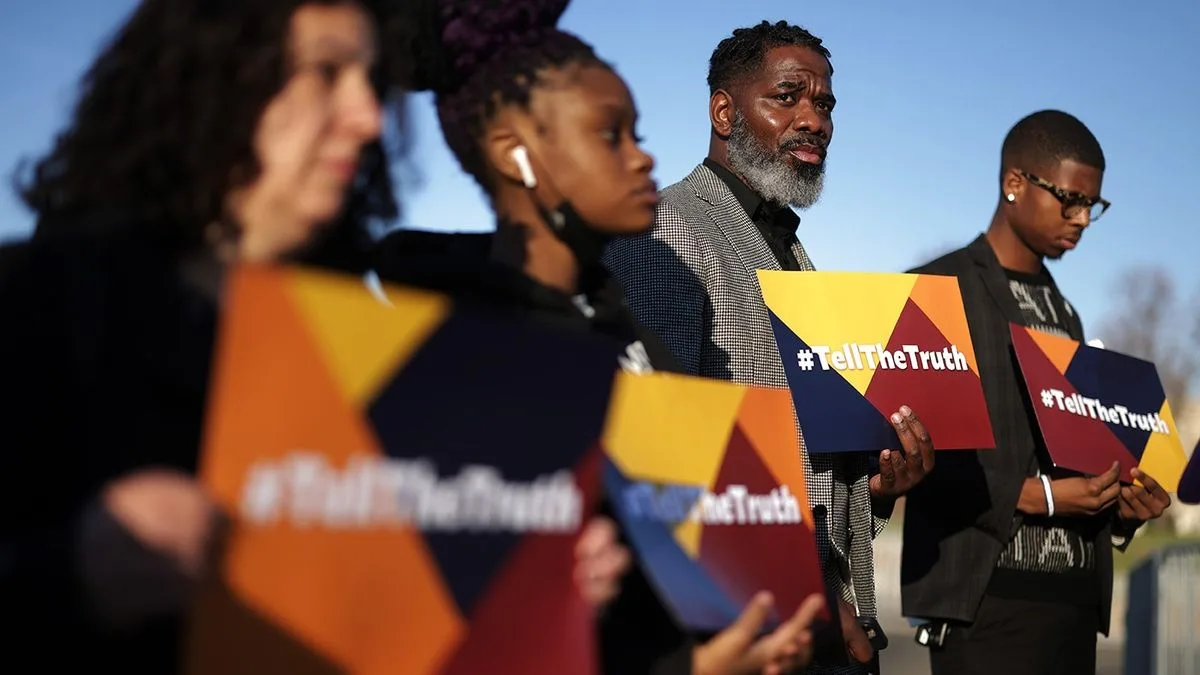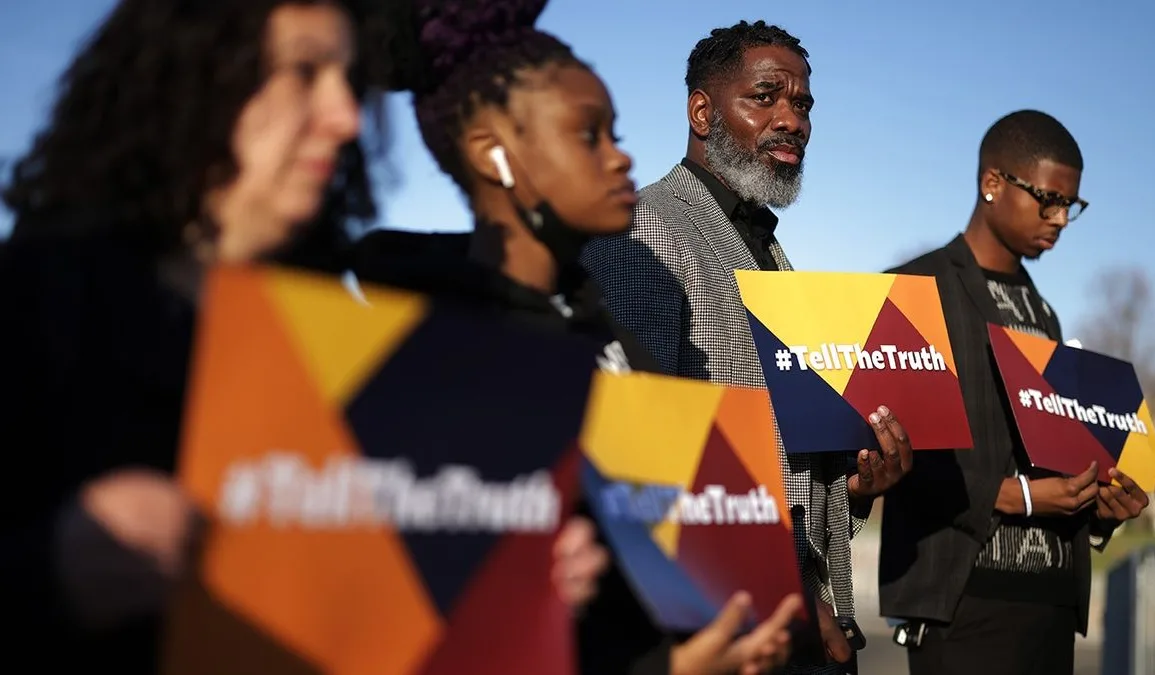
The landscape of political engagement among African American voters in the U.S. is shifting, as revealed by a recent study. Pew Research has projected approximately 34.4 million Black eligible voters for the forthcoming November 2024 elections, marking a crucial share of the electorate.
A Tale of Varied Engagement
WalletHub’s comprehensive report, which compared 49 states using five key metrics—voter turnout, registration during recent elections, and representation of Black people in the U.S. House of Representatives—has brought to light the varying degrees of political engagement across states. Texas, though ranked 15th, has shown signs of progress with the most African American members in the House. The study broadens our understanding of political engagement nationwide, where Black voters are expected to account for 14% of eligible voters, with a majority residing in Southern states.
Pennsylvania: A Beacon of Engagement
Pennsylvania emerged as the state with the highest political engagement among African Americans. This strong engagement reflects the powerful impact of the Black electorate, not only in shaping the outcome of elections but also in influencing policy decisions.
Unraveling the Factors
While the study lays bare the facts, the reasons behind the lower voter turnout in some areas remain complex. Experts suggest educational and socioeconomic factors as potential causes. However, when these factors are adjusted for, Black Americans are found to be equally or more likely to vote compared to other demographics. This highlights the resilience of African American voters, despite the systemic hurdles they often encounter.
The findings of this study underscore the critical role of African American political participation in the democratic process, particularly as we approach the 2024 elections. As the nation observes Black History Month and gears up for the primary season, the spotlight is rightfully on the African American electorate, their political engagement, and the profound influence they wield over the future of American democracy.


